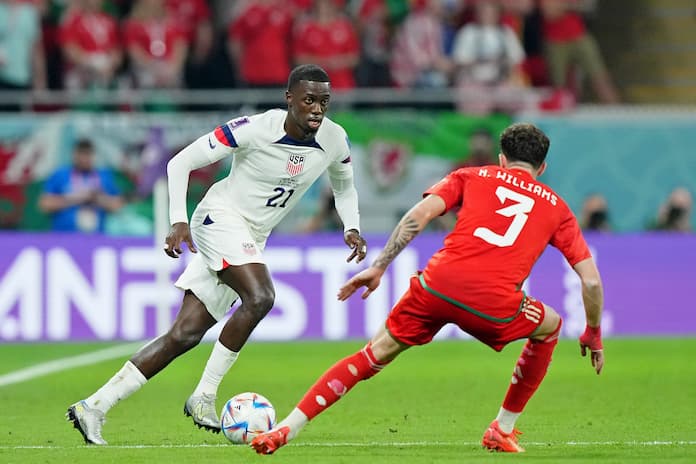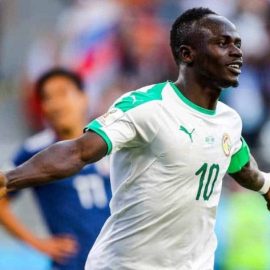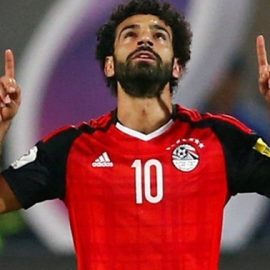Summer 2004 saw 250,000 people turn Athens upside down in celebrating Greece’s shock victory in Euro 2004. Fast forward six years and the streets of the capital are full once again, although under very different circumstances. With the nation in uproar against the financial mismanagement of the most incompetent government since, well, the previous one, the qualification of the Greek football team for only their second World Cup finals has, quite understandably, been largely overlooked.
Ironically enough, the caution and conservatism instilled in the side since 2001 by German manager Otto Rehhagel – apparently engaged in a personal duel with Morten Olsen for the long service in national coaching commemorative carriage clock – could not be more at odds with the state’s freewheeling fiscal philosophy. Possibly the most tactically-disciplined national team in Europe, Greece keep a rigid shape and invariably defend en masse, even when supposedly attacking. Striker Theofanis Gekas, with ten goals in 11 games, was top scorer in the entire European qualifying programme for one very good reason – with his pace enabling him to play on the counter-attack, he was virtually his side’s sole offensive outlet.
Rehhagel has spent the previous nine years creating a system rather than a team. This system is now so ingrained that following the retirement of the legendary Antonios Nikopolides in 2008, Greece were able to make use of three different goalkeepers in qualifying without their defensive balance being disturbed in the slightest. Remarkably, with their opening game against South Korea looming, it still remains to be seen whether Alexandros Tzorvas of Panathinaikos, Michalis Sifakis from Aris or PAOK’s Kostas Chalkias will be first choice, all having played alternate halves in Greece’s recent warm-up matches.
Certain players have, however, been constants in the system. Whilst Sotirios Kyrgiakos has only recently begun to show consistently good form for his club, the Liverpool centre-half has long been an excellent performer at national level and played in every match in the qualifying campaign. Team captain Giorgos Karagounis, meanwhile, still retains the ability at 33 years of age to move the ball intelligently in the centre of the field, as well as the long-range shooting which probably continues to give Portugal goalkeeper Ricardo Pereira nightmares after the two sides’ opening match in Euro 2004.
Greece’s win in the latter tournament was, of course, so unlikely that even the Delphic Oracle could have been forgiven for not foreseeing it. This time around, though, it really does feel safe to bet against them repeating the trick on the biggest footballing stage of them all. That said, Greece have every chance of progressing from Group B, where they will play two of world football’s most inconsistent sides in Argentina and Nigeria (both of whom, incidentally, they faced in their only previous World Cup appearance in 1994) along with a South Korea team which, although in decent form coming into the tournament, have only ever won a single World Cup finals game outside their home country.
Whether or not Greece will have enough to make it past France, their most likely opponents in the second round, and then possibly England in the quarter-finals, is another matter. Perhaps for the first time under Rehhagel’s stewardship, however, the team can actually hope for a modicum of sympathy from neutrals normally infuriated by their relentlessly negative tactics. Surely few could begrudge the Greek football side putting a smile back on the face of a country which, in recent times, has had every right to be disappointed with its representatives.
Also See: Greece World Cup 2010 Squad.
Add Sportslens to your Google News Feed!






